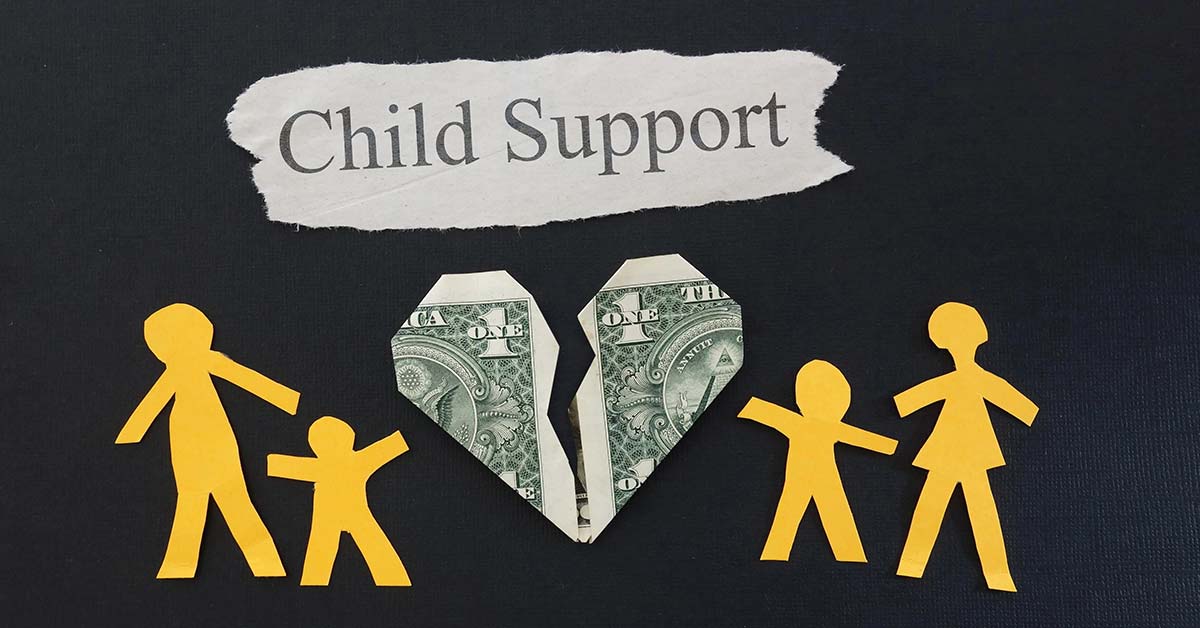
Child support is a vital aspect of ensuring the well-being of children after divorce or separation. However, the child support process can sometimes be challenging, especially if payments seem excessive or unfair. In this blog post, we’ll explore steps that parents can take if they believe their child support payments are unreasonable or unjust.
Understanding Child Support Guidelines:
Child support is a crucial aspect of co-parenting arrangements, designed to ensure that children receive the financial support they need to thrive. However, the calculation of child support payments can vary depending on factors such as each parent’s income, custody arrangement, and the needs of the child. It’s essential for parents to have a clear understanding of how child support is determined in their jurisdiction and how their individual circumstances may influence their payment obligations.
Recognizing Signs of Excessive Child Support:
Excessive child support payments can arise for various reasons, including changes in financial circumstances, inaccuracies in income calculation, or discrepancies in custody arrangements. Parents may feel burdened by payments that seem disproportionate to their income or financial responsibilities. By recognizing common indicators of excessive child support, such as a significant disparity in income between parents or unexpected financial hardships, parents can begin to assess whether their payment obligations are reasonable and fair.
Steps to Take If Payments Seem Unfair:
If child support payments appear excessive or unjust, there are several steps that parents can take to address the issue:
1. Review the Child Support Order: Begin by carefully reviewing the child support order to ensure that all relevant factors were considered in calculating the support amount. Look for errors or discrepancies that may have led to an inflated payment.
2. Seek Mediation or Modification: If the child support order seems unreasonable, consider seeking mediation or filing a request for modification with the court. Changes in financial circumstances, such as loss of income or changes in parenting time, may warrant a modification of the support amount.
3. Gather Evidence: Collect evidence to support your claim that child support payments are excessive, such as financial records, documentation of parenting time, and evidence of the child’s actual needs. Presenting compelling evidence can strengthen your case for modification.
4. Consult with an Attorney: It’s advisable to seek legal guidance from a knowledgeable family law attorney who can assess your situation, explain your rights and options, and advocate on your behalf in court if necessary.
Understanding the Best Interests of the Child:
Ultimately, the primary consideration in any child support matter is the best interests of the child. Courts are guided by this principle when making decisions about child support obligations and modifications. Parents should keep this in mind throughout the process and focus on finding solutions that prioritize the well-being and welfare of their children. By demonstrating a commitment to meeting their children’s needs and fostering a positive co-parenting relationship, parents can work towards a resolution that benefits everyone involved.

Assessing Financial Hardships:
Excessive child support payments can place a significant financial burden on parents, especially if they are struggling to meet their other financial obligations. It’s crucial for parents to assess their overall financial situation and determine whether their child support payments are reasonable given their income, expenses, and financial responsibilities. Factors such as job loss, unexpected medical expenses, or changes in living arrangements can impact a parent’s ability to pay child support and may warrant a modification of the support order.
Seeking Support Networks:
Going through child support issues can be emotionally and financially taxing for parents. It’s essential for parents to seek support from trusted friends, family members, or support groups who can offer guidance, encouragement, and practical assistance during this challenging time. Having a strong support network can provide parents with the emotional resilience and resources they need to effectively address child support concerns and advocate for their rights and interests.
Addressing excessive child support payments requires careful consideration, strategic action, and a thorough understanding of the legal process. By understanding the steps outlined in this guide and seeking legal guidance when needed, parents can work towards achieving a fair and equitable child support arrangement that prioritizes the well-being of their children.

